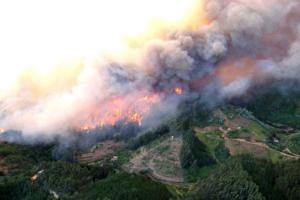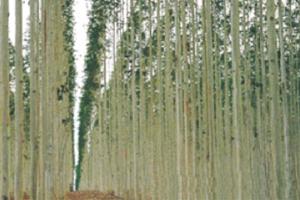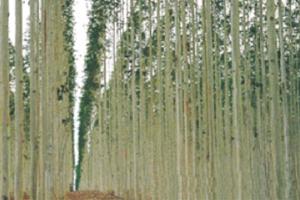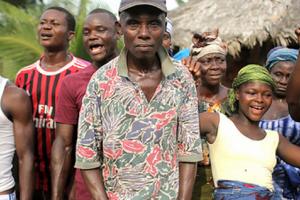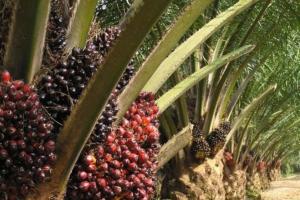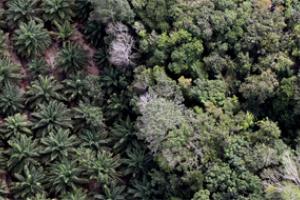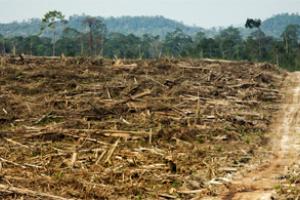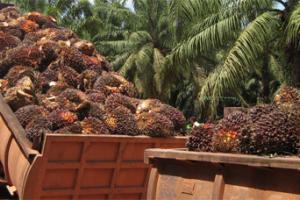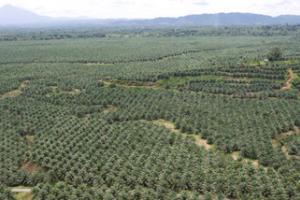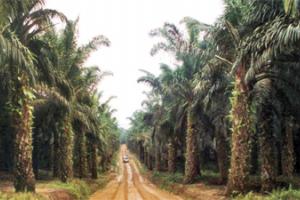Large-Scale Tree Plantations
Industrial tree plantations are large-scale, intensively managed, even-aged monocultures, involving vast areas of fertile land under the control of plantation companies. Management of plantations involves the use of huge amounts of water as well as agrochemicals—which harm humans, and plants and animals in the plantations and surrounding areas.
Bulletin articles
10 June 2014
In the early 1990s, as a result of the Forests Law of 1987, the area covered by tree plantations in Uruguay began to grow rapidly, with rates of expansion sometimes greater than 50,000 hectares annually.
Other information
10 June 2014
A report by Greenpeace that reveals how the oil palm plantation being developed by the US based Herakles Farms in the southwest region of Cameroon – an area of great biodiversity surrounded by five protected areas – pose a serious threat to forests and forest dependent communities.
Action alerts
2 June 2014
(Sign on before 15 June!)
Dear friends,
FuturaGene, a biotechnology firm owned by Brazilian pulp and paper company Suzano, has requested authorization from the Brazilian Biosafety Commission (CTNBio) for the commercial release of its genetically engineered eucalyptus trees in Brazil.
30 May 2014
To: Brazilian National Technical Biosafety Commission (CTNBio)
We, the undersigned, have been informed that FuturaGene, a biotechnology firm wholly owned by the pulp and paper company Suzano, has submitted a request for commercial planting of its yield enhanced genetically modified eucalyptus trees.
Suzano/FuturaGene, as well as other companies like Fibria (ex-Aracruz) and ArborGen, have been conducting research and field experiments on GM Trees for years.
Action alerts
13 May 2014
Dear friends, our friends from Liberia are requesting our support. The Jogbahn Clan in Liberia is fighting to keep their home. A British palm oil company wants to clear their land without their permission.
Add your voice to a petition to tell the palm oil company and its major shareholders that the world is watching. NO means NO!
Bulletin articles
7 May 2014
The expansion of industrial oil palm plantations in Africa: A call for greater solidarity and action
In late 2013, a group of representatives of African, Indonesian and international NGOs met with members of La Via Campesina and the African Biodiversity Network in Calabar, Nigeria, to address the massive expansion of industrial oil palm plantations on the African continent and discuss, in particular, the situation in Nigeria, Sierra Leone, Liberia, Cameroon, Benin, Côte d’Ivoire, the Democratic Republic of Congo and Gabon.
Bulletin articles
7 May 2014
Industrial oil palm plantations have been expanding in many countries in the global South, increasingly in Africa and Latin America, invading territories of rural populations, indigenous peoples and traditional communities in order to produce palm oil for export or agrofuel for foreign markets.
Bulletin articles
7 May 2014
The State Government of Sarawak has issued a provisional lease for an oil palm plantation scheme to Woodijaya Sdn Bhd, a subsidiary of Rimbunan Hijau Sdn Bhd on Lot 197 Teraja LD and Lot 1200 Puyut LD, both which are 4,658 hectares. The 60 year lease that was issued by the State’s Lands & Surveys Department encroaches on lands belonging to the Malays of Marudi and Ibans of Lubuk Amam.
Bulletin articles
7 May 2014
Bulletin articles
7 May 2014
